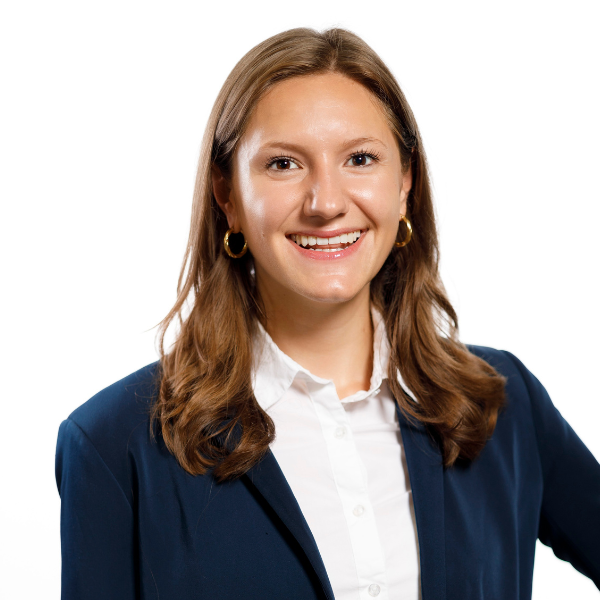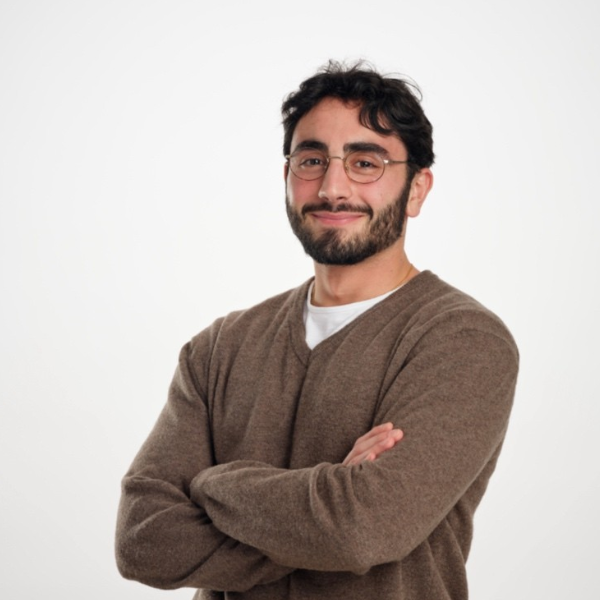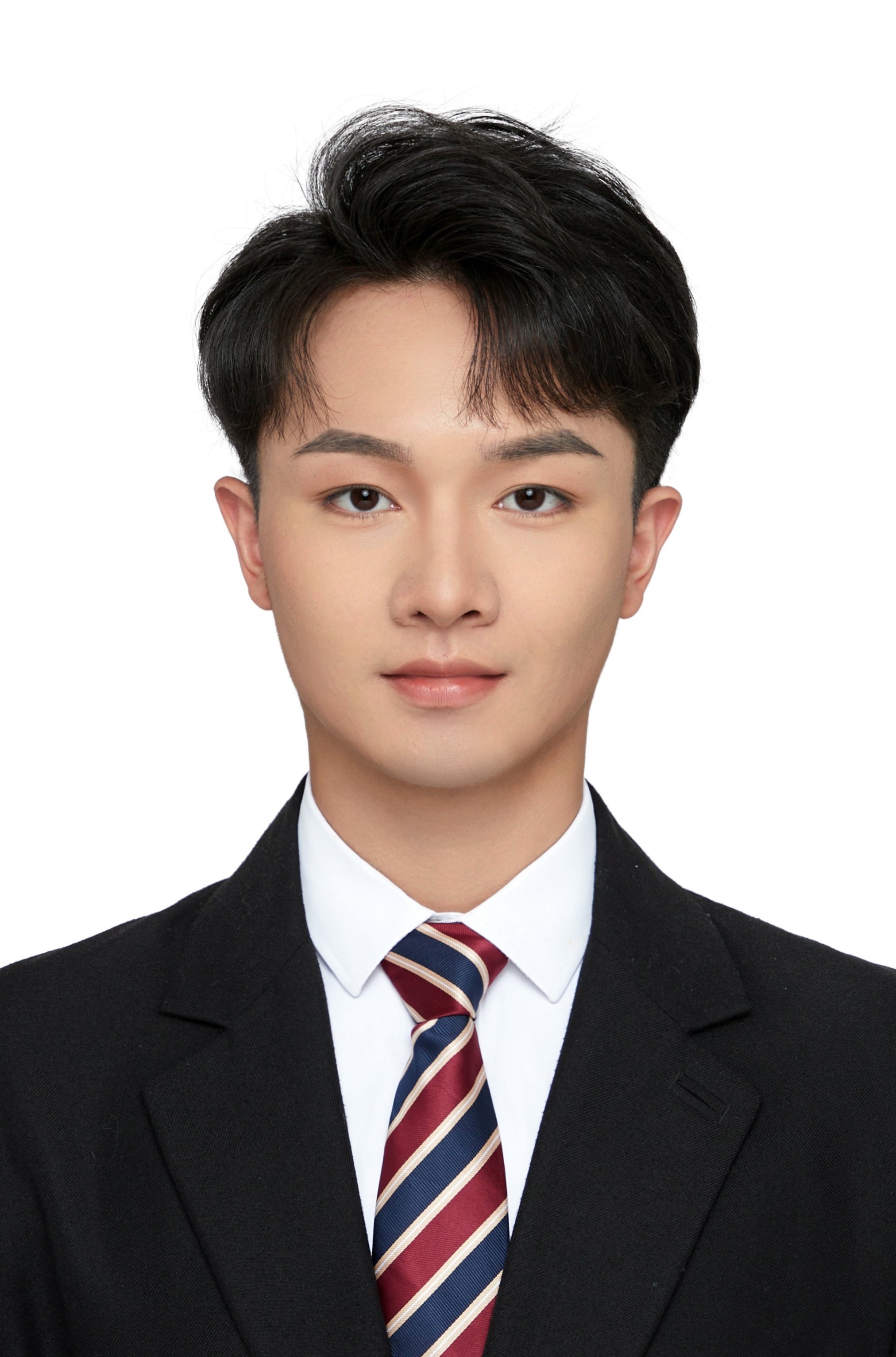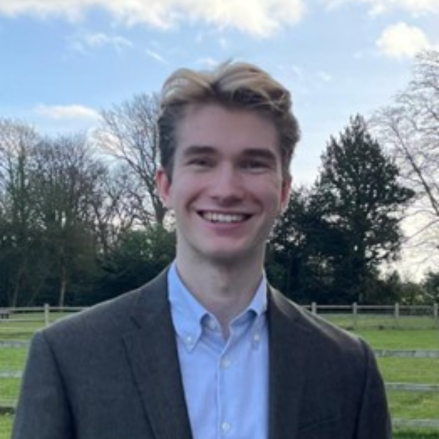Exploring Southeast Asia with classmates gave me a new perspective on lifestyle and work culture.
Paola Blom

Can you tell us about yourself?
I’m Paola Blom, 24 years old, half Dutch and half French. I grew up in the Netherlands and studied Business Administration at the University of St. Gallen. After that, I took a year to explore two very different internships: six months in marketing at Nespresso in Brussels, and three months in private wealth management in Zurich.
I have just completed the INSEAD MIM, and this past summer, I interned at Goldman Sachs in London in private wealth management. Outside of studies, I’m passionate about sports: I’ve danced for years, started playing squash in Fontainebleau, and I do water sports like wakeboarding.
What motivated you to pursue the MIM?
The international and diverse community was the biggest draw. We’re 200 students from more than 35 nationalities, with time split between Fontainebleau and Singapore.
I’d already been a counsellor at the INSEAD Summer School, which was a perfect preview of the MIM. For the first time, I felt I belonged. Everyone is a minority, so everyone fits in. It felt like “coming home to a warm bath,” as I like to describe it.
You meet someone on day one, and within minutes, it feels like you’ve been friends for years.
How did the multi-campus structure shape your experience?
Starting in Fontainebleau, a small town, forces you to spend time together, and you build incredibly strong bonds. Then, moving as a cohort to Singapore, you suddenly find yourself in a global hub for consulting, finance, and FMCG.
I had never lived in Asia before, so it was transformative. Everything is fast and efficient. I remember being amazed that you could order something from the pharmacy and have it delivered within 30 minutes. Living there, while also exploring Southeast Asia with classmates, gave me a new perspective on lifestyle and work culture.
What challenges did you face during the programme?
The first period is the toughest as you’re balancing academics, friendships, recruiting, sports, and family, all in a new town. I learned to prioritise what mattered week by week.
My days often started with squash from 7 to 8 a.m., then classes from 8:30 until early afternoon. I’d spend the afternoons on coursework and sending out internship applications, since finance recruiting starts as early as September. Evenings were for dinners or drinks with friends. It was hectic, but I discovered I could handle far more than I thought.
I also learned to combine activities. For example, I joined touch rugby on Thursday nights, which brought together MIMs and MBAs. After training, we’d all have pizza together. So it was sports, socialising, and networking rolled into one.
You’ve worked and lived in multiple countries. How has that shaped you professionally?
It taught me to adapt quickly. At Goldman Sachs, for example, the culture was a blend of American influence and British tradition. Meetings in Switzerland start five minutes early; in the UK, they start five minutes late. Observing and adapting to these norms helps you fit in.
I also learned to ask simple but important questions like “What hours do you usually work?” or “Do people usually have lunch together or at their desks?” That helped me adjust quickly while also contributing my own international perspective.
Since completing the MIM you’ve also shifted industries. What drove those transitions?
After my bachelor’s, I didn’t know exactly what I wanted. That’s why I chose two very different internships. At Nespresso, I really enjoyed working with such a strong brand and product, but I realised marketing was not where my long-term passion lay.
Private wealth management was the opposite, as it clicked immediately. Even as an intern, I joined client calls, attended meetings, and helped tailor portfolios. Every client was like a mini project, combining technical analysis with relationship-building. That mix of numbers and people really suited me, which is why I pursued Goldman Sachs.
What advice would you give to students looking to change industries or functions?
Prepare enough to pass the interview, read about the industry, follow the news, and practise technical basics. But don’t feel you need to know everything in advance; most of the learning happens on the job.
At INSEAD, I leaned heavily on peers and career coaches. We’d form prep groups, run mock interviews, and share knowledge. It made the real interviews feel much more natural.
Did the MIM help you make a “triple jump”— changing geography, function, and sector?
Yes, and networking was the key. For London, especially, where I needed visa sponsorship, networking made the difference. I built a spreadsheet of companies, deadlines, and application dates. I also reached out to alumni and contacts. One Dutch contact at Goldman Sachs even flagged my application to HR, which was crucial as they receive thousands of applicants.
Sometimes you may need to take a “double jump” first, like getting experience in your home country before moving abroad, but with the right preparation, the triple jump is possible.
What’s next for you?
I’m waiting to hear about a potential return offer and also exploring opportunities in Amsterdam. Either way, I’ll continue in private wealth management.
How has the MIM shaped your long-term aspirations?
It taught me that careers don’t need to be linear. Many people start in corporate jobs and later pivot to entrepreneurship or entirely different industries. I know I can start in private wealth management, but if I want to shift later, the INSEAD network will support me.
What advice would you give to future MIM students?
Don’t compare yourself to others, as everyone has their own path. Talk to people, go to career events, and use your career coach. I met with mine every three weeks, even when I didn’t have pressing questions, and always left with useful insights.
Most importantly, enjoy the process. The 10 months fly by. Some of my favourite memories are not the big trips or events, but the ordinary days, grabbing coffee at Freddy’s Bar, sitting in class, having lunch with friends, or playing sports. Those are the moments I miss most.




